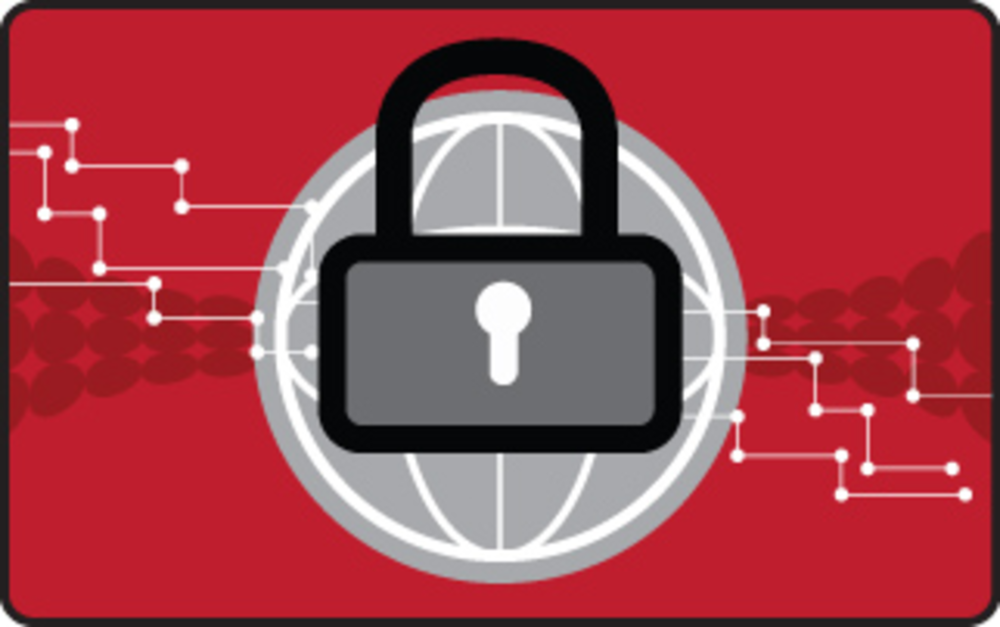It’s no secret that technology is becoming more integrated in our work lives, and since we’re getting more comfortable with it we’re allowing technology to become more involved with our personal lives too. Recent studies conducted by the Pew Internet and American Life Project found that the number of adults who own phones, laptops, or tablets is rising. According to the Pew results, as of May 2013, 91% of American adults own some sort of cell phone and 31% own a table. As February 2012, 61% of American adults own a laptop. All three study results showed an increase in ownership over the previous years.
Because so many people own one of these devices—or all three—it’s important to realize that as technology advances, it’s becoming more intrusive in our personal lives. Personal information about us is constantly being gathered. Your device probably knows more about you than your close friend. Technology has become a part of us. It carries our contacts, calendar, personal messages to friends and colleagues, and other important information—so what are we risking by using these devices?
Storage for personal information
Since we’re all so comfortable with technology, we begin to get in the habit of storing personal information on our devices. This personal information can include anything from your Social Security number to your bank account or credit card numbers. I understand that we all need that personal information from time to time, however it’s ignorant of us to think that the information is safe and will be completely removed from the memory once we delete it, especially since it’s been shown multiple times that deleted information can be recovered.
If you opt to store your personal information on your laptop, phone, or computer, then you’re putting your personal information at risk for strangers, hackers, or identity thieves to gain access to it. Luckily, there are a couple of ways you can protect your information.
The first is to password protect everything from your main screen to your banking apps. Make sure the password isn’t something too obvious, such as 1234 or 0000; instead choose a more complicated password that includes a combination of numbers, letters, and even special characters. The second thing you should do is make sure you are only accessing your personal information on encrypted websites. These sites code your information to confirm that it cannot be accessed by hackers. You can verify a site has encrypted your information by making sure the URL starts with “https.”
|
Read Next: Children’s Data – What You Need to Know
|
Location tracking
Location tracking is a feature that’s included in nearly device and app available today. It’s used by Google to help you get turn-by-turn directions and by Facebook to tag your location and your camera to provide a roadmap of where photos were taken. It’s actually a fun feature to have, if you’re willing to give up your privacy and let the world and companies know where you are at all times. I would guess that your spouse doesn’t even know where you are every single minute of the day, so why you allow your phone to track it?
Tracking your online activity
Besides tracking your location, our devices are also tracking our online activity through tracking cookies, or data sent from a website and saved to your Web browser. These cookies create a blueprint of websites you visited on the Internet and can even contribute—using third-party cookies —to the personalized advertisements you see on various websites. Cookies even have the ability to save such personal information as your address, credit card number, and passwords for certain websites.
|
Read Next: 3 Lessons from Google’s GDPR Goof
|
Even though technology makes our lives a lot easier, it’s important to make sure we’re not allowing it to completely invade our privacy. That’s why it’s important to be very cautious about the information we store on our devices as well as be aware of how our devices and Web browsers use our information. In certain situations it might be better to resort to old-fashioned ways of storing information—such as in a personal safe or safe deposit box—to make sure it remains private, instead of so heavily depending on technology.
Julie Myhre is content manager at NextAdvisor, Inc.








